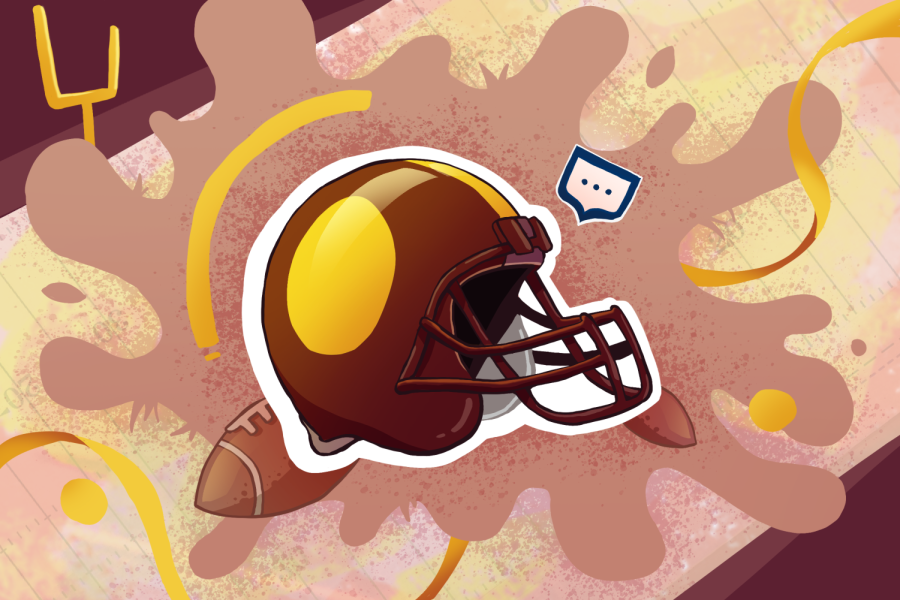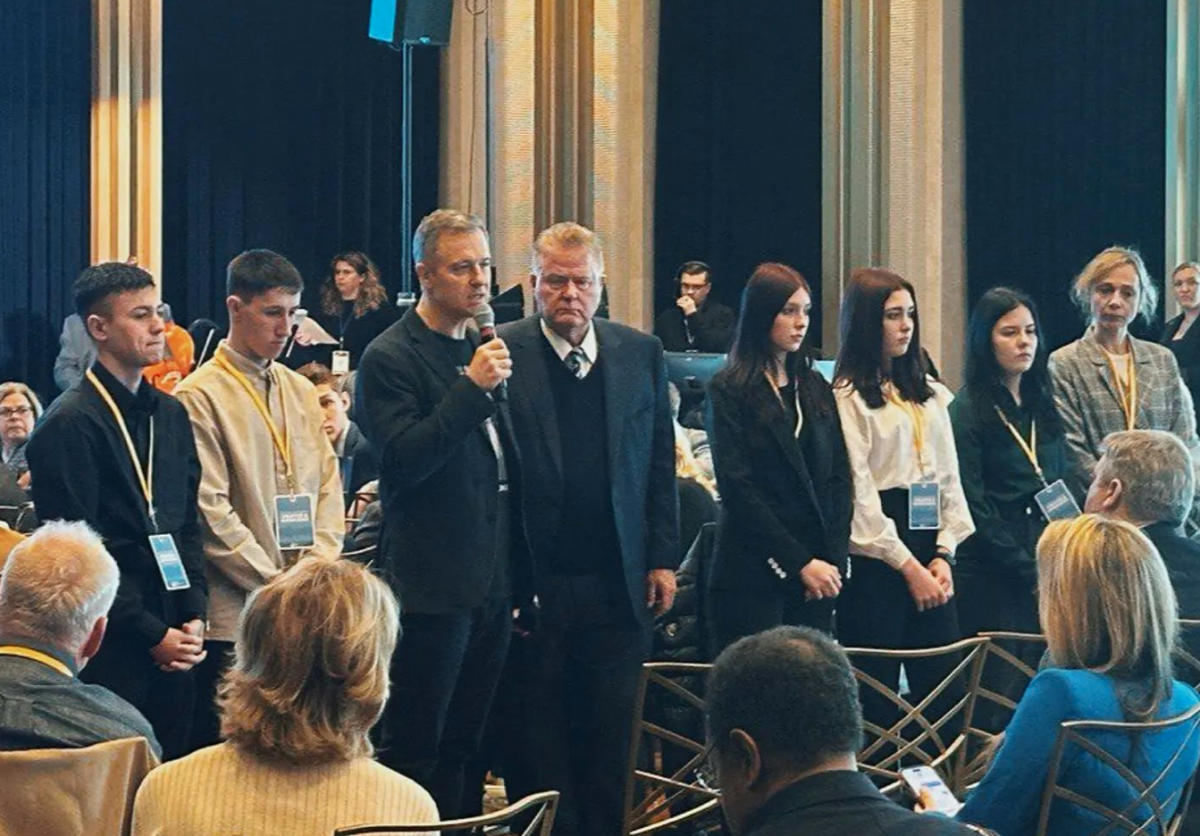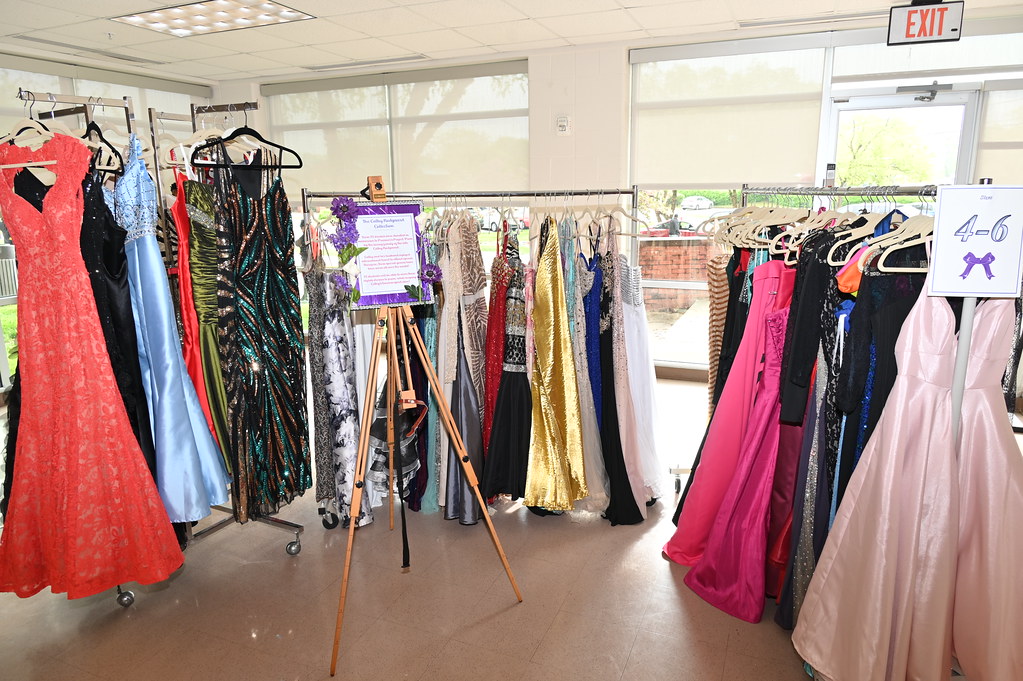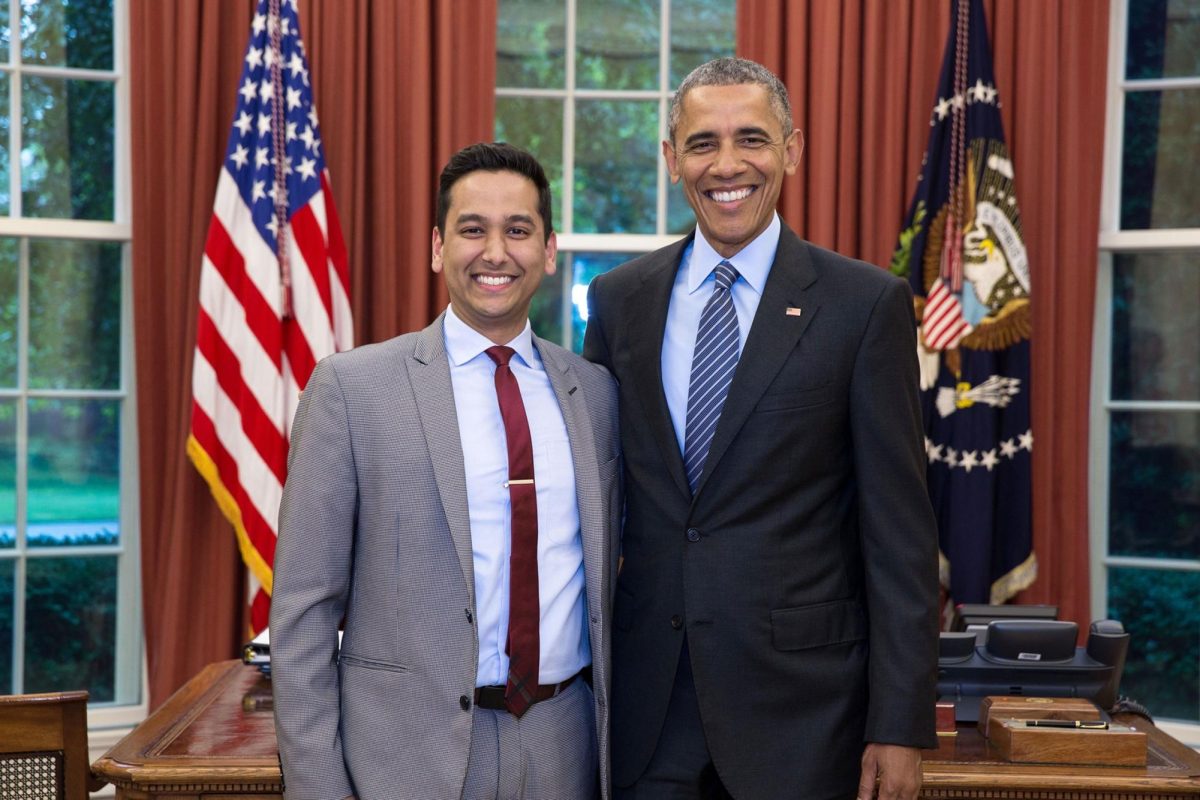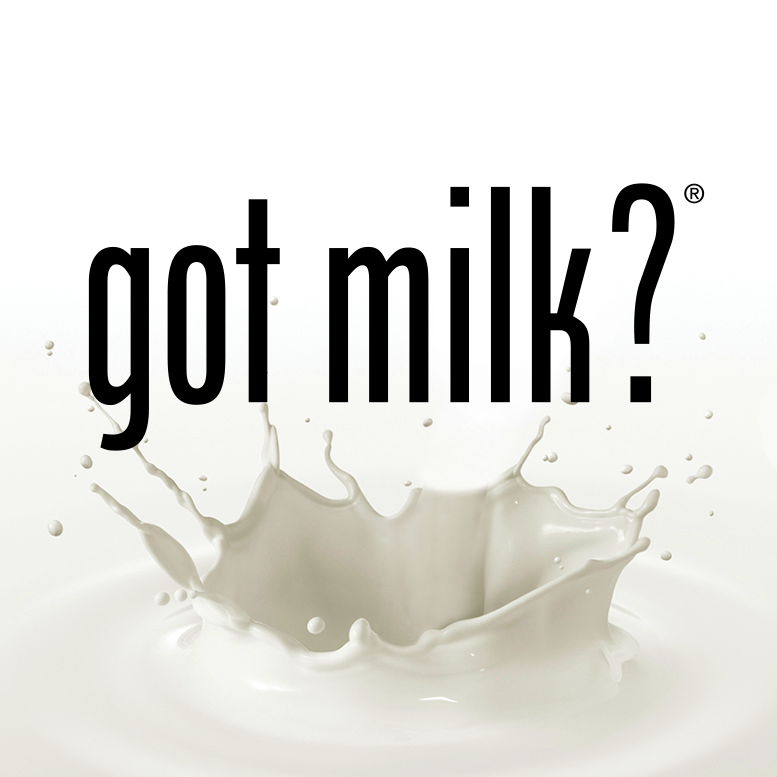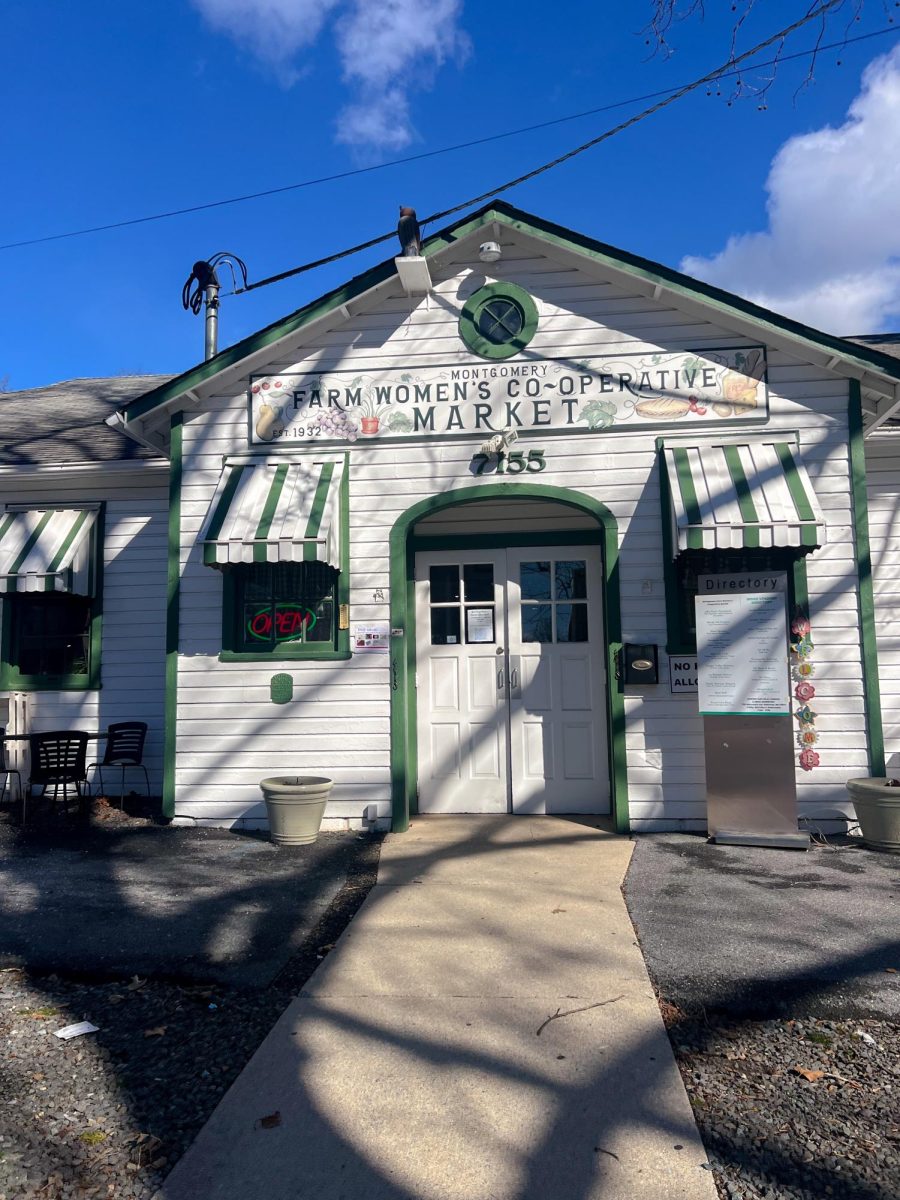*by Billy Lee*
As part of our issue four in-depth section on the 50th anniversary of the Black & White, we profiled three alums who have used their journalism experience as former members of the Black & White in the real world.
It’s November of 2000, and Al Gore and George Bush are locked in a stalemate in the race for the American presidency. In the heart of the action is Richard Berke, hot on the story as debates raged over who would be the victor.
Now, Berke (’76) is an assistant managing editor for the New York Times, overseeing all political campaign coverage, as well as the Times’ feature sections, but this news buff got his start writing for the Black & White in the 1970s.
As editor-in-chief during the 1975-1976 school year, Berke did what no editor had done before him: printed a front page in color.
Berke was a news writer during his sophomore year, but even as an editor, he continued to write stories. One of his most famous stories detailed Richard Nixon’s exposure to microwave radiation at the kitchen debates of 1959 in Moscow. Berke received international attention for his work.
“It was the full page three of the Black & White in 1976,” he said. “It’s probably the biggest thing I’ve written.”
When Berke was a freshman at Whitman, the paper was barely a decade old. Instead of computers, “cold type,” also called phototypesetting, was the standard printing technique. Text was transposed directly onto film, and a typesetter in Silver Spring printed the paper.
Berke attended the University of Michigan, where he wrote for the student newspaper, the Michigan Daily. After attending a graduate program at the Columbia Journalism School and holding various internships, he landed his first job writing for the Baltimore Sun. He began working for the New York Times in 1986 as the night editor for the Washington bureau of the paper.
“I had heard there was a job opening at the Times, and I just applied for the heck of it,” Berke said. “I was surprised that I got hired not long afterwards because I thought it would be much more difficult. But I think I just really established myself at the Sun, and it worked out.”
Berke’s Black & White advisor, Regis Boyle, was nationally known and provided good counsel to him. Berke’s experience on the Black & White also helped him prepare to work for major newspapers, he said.
“My career at the New York Times is an extension of what I did at the Black & White,” he said. “It’s not that much different. When I became an editor at the New York Times, it reminded me of how much I loved being editor of the Black & White.”
Berke oversees both the online and print political campaign and feature coverage for both online and print for the Times. Despite the gradual transition to online news in the past few years, Berke doesn’t think print media is going to be extinguished, although it may reemerge in a form far different than it was when he worked for the Black & White in the 70s.
“The reality is many more people are reading what we do now because of the web than they ever did,” Berke said. “Some people say there will be no print papers in 10 years, and other people say there always will be, so who knows.”
Berke offered some words of advice for aspiring journalists based on his experiences working on the Black & White and the New York Times.
“People don’t want to hear people’s opinions on things,” he said. “That’s not real journalism. Journalism that really counts is when people are really writing stories, are really coming up with fresh information that no one else has and are getting the details beneath the surface.”
Check out profiles of Alexandra Robbins (’94) and Ashley Parker (’01) for more Black & White alums.




